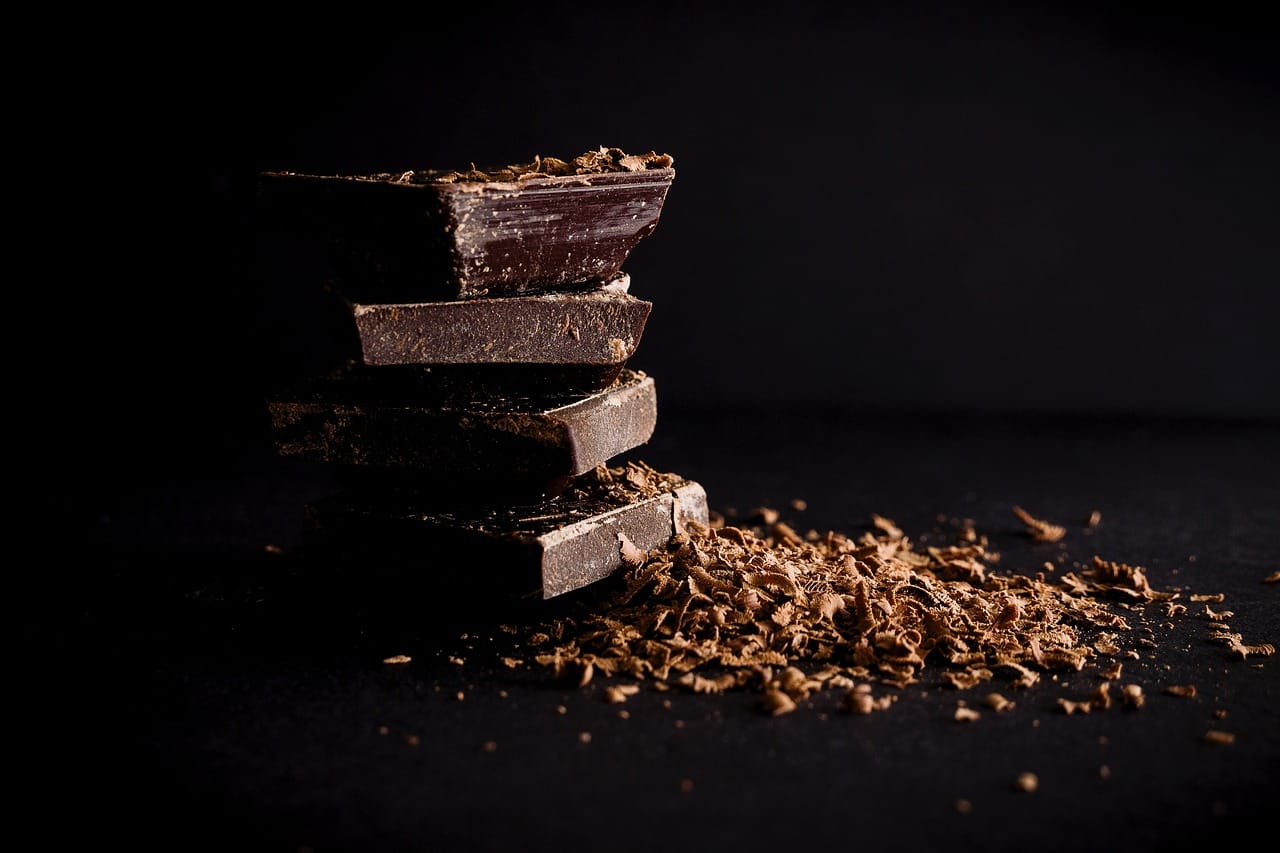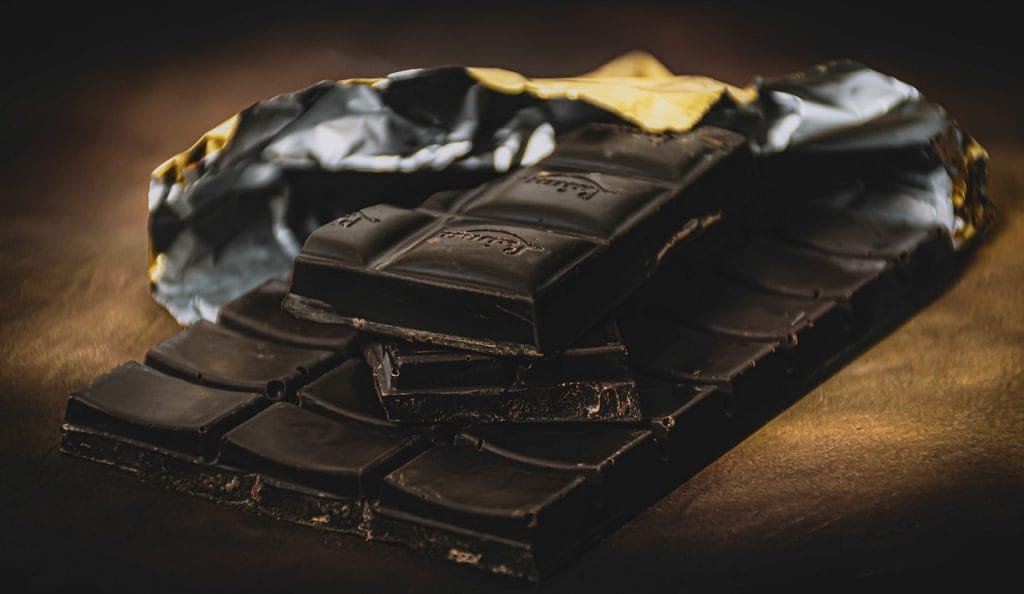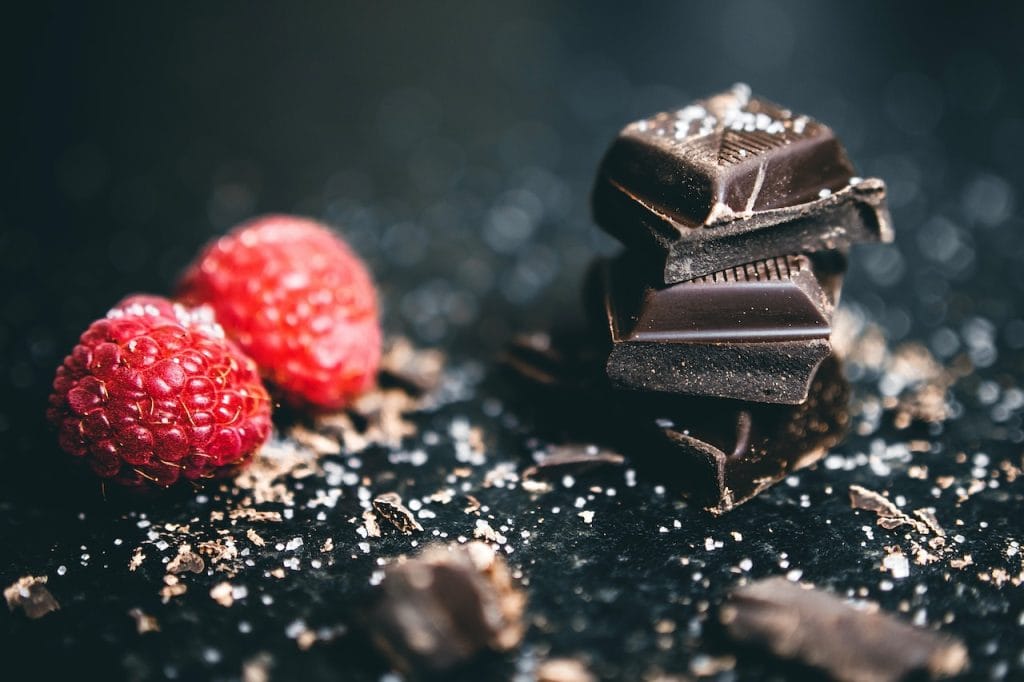It is widely believed that eating chocolate improves brain function. We decided to check whether this statement has a scientific basis.
Information about what chocolate improves cognitive functions and stimulates brain function can be found in blogsdedicated to this product, V online stores sweets, on portals about sports And style life and even websites pharmacy chains. They write about this and some Media. In question and answer services, users are interested in Which chocolate stimulates brain function and How many To do this you need to eat it.
By statistics, at least relevant for 2012, the most Nobel laureates were in those countries where the level of chocolate consumption was the highest. In first place for these two indicators, which is not surprising, was Switzerland. Although other scientists have criticized this study doubt (primarily because it did not take into account the eating habits of the laureates themselves), perhaps there is still some rational grain in it.
In Apple pie order contained There are about 1,500 different chemical components, and some of them are quite useful. For example, chocolate and other cocoa-containing products are powerful source flavonoids, plant antioxidants, which, when consumed, accumulate in parts of the brain. They are responsible for learning and memory and can play a protective role function, preventing degenerative processes and protecting neurons from the action of neurotoxins. It is worth noting that flavonoids contained not only in chocolate, but also in wine, tea, fruits and vegetables, so perhaps for some this is the most enjoyable way to obtain them, but far from the only one.
Scientists have summarized the results of dozens of studies and found outthat eating chocolate high in flavonoids can improve blood flow to the brain in young people, which in turn has a positive effect on cognitive function and memory.
Ian McDonald, a physiologist at the University of Nottingham, conducted study, which confirmed that drinking one glass of cocoa can stimulate brain function for several hours. To confirm this hypothesis, he conducted magnetic resonance imaging of the subjects' brains and recorded increased activity in certain areas of the brain. It was again caused by improved blood circulation and, as a consequence, increased access of oxygen to brain cells.
Although additional large-scale research is needed in this area, scientists have grounds believe that consumption of cocoa polyphenols may prevent the progression of mild cognitive impairment to dementia in elderly patients. A study from Columbia University showedthat flavonoids in chocolate can not only prevent dementia, but also reverse age-related memory decline.
Scientists from Loma Linda University (USA) researched the effect of consuming 48 g of chocolate with 70% cocoa content on brain activity using an electroencephalogram (EEG). Measurements were taken twice - 30 minutes after eating chocolate and two hours later. In the first case, a significant increase in brain activity was recorded, in the second - a residual effect.
Only 16 people took part in McDonald’s study, and five people took part in the experiment by scientists from Loma Linda University, which does not allow their results to be considered sufficiently representative. But scientists from the University of Oslo in Norway took a larger sample - more than 2,000 people, all over 70 years old - and asked them to eat foods containing flavonoids and then undergo a series of cognitive tests. Since these substances are not only found in chocolate, they are also included in study wine and tea. Participants who ate one of these foods performed better on tests than those who did not. But the best results were for those who included all three products in their diet. Maximum effectiveness was achieved by consuming approximately 10 g of chocolate and approximately 75–100 ml of wine per day. The amount of tea drunk had virtually no effect on the results.
Italian scientists confirm The findings of their Norwegian and British colleagues: after reviewing the results of existing studies, they concluded that eating chocolate stimulates cognitive function in the short term and protects brain cells in the long term. To the same conclusions American researchers also came and studied health indicators, including the eating habits of almost 1000 people. They found that those who ate chocolate at least once a week showed significantly higher cognitive abilities than those who avoided it.
However, it is worth note, that significant benefits for cognitive function can only be said in relation to bitter dark chocolate with a high cocoa content - more than 70%. Chocolate bars or white chocolate that contains no cocoa at all are useless in this sense. In addition to stimulating brain function, dark chocolate Maybe also help reduce the risk of diabetes and heart disease and reduce stress.
However, everything is good in moderation. 100 g dark chocolate contained about 600 kcal and 30 g of sugar. The calorie content of milk chocolate is approximately the same, but content sugar is higher - about 50 g. And this is the maximum dose of sugar per day for an adult, which recommends adhere to WHO. It is worth considering, however, that sugar is also found in many other foods, so if you eat 100 g of chocolate (that’s how much a standard bar weighs) per day, you will definitely exceed the norm.
Thus, modern scientific research suggests that chocolate actually has a positive effect on the cognitive functions of the brain due to the flavonoids it contains. At the same time, we are talking only about dark chocolate with a high cocoa content, and not at all about sweets in chocolate glaze, white chocolate or other chocolate-flavored products. Scientists agree that additional extensive research is needed to give a clear answer to the question of whether chocolate is really that good for the brain.
Most likely true
Read on the topic:
- Is it true that sugar is addictive?
- Is it true that brown sugar is healthier than white sugar?
- Is it true that any chocolate bar contains particles of cockroach shells?
If you find a spelling or grammatical error, please let us know by highlighting the error text and clicking Ctrl+Enter.








